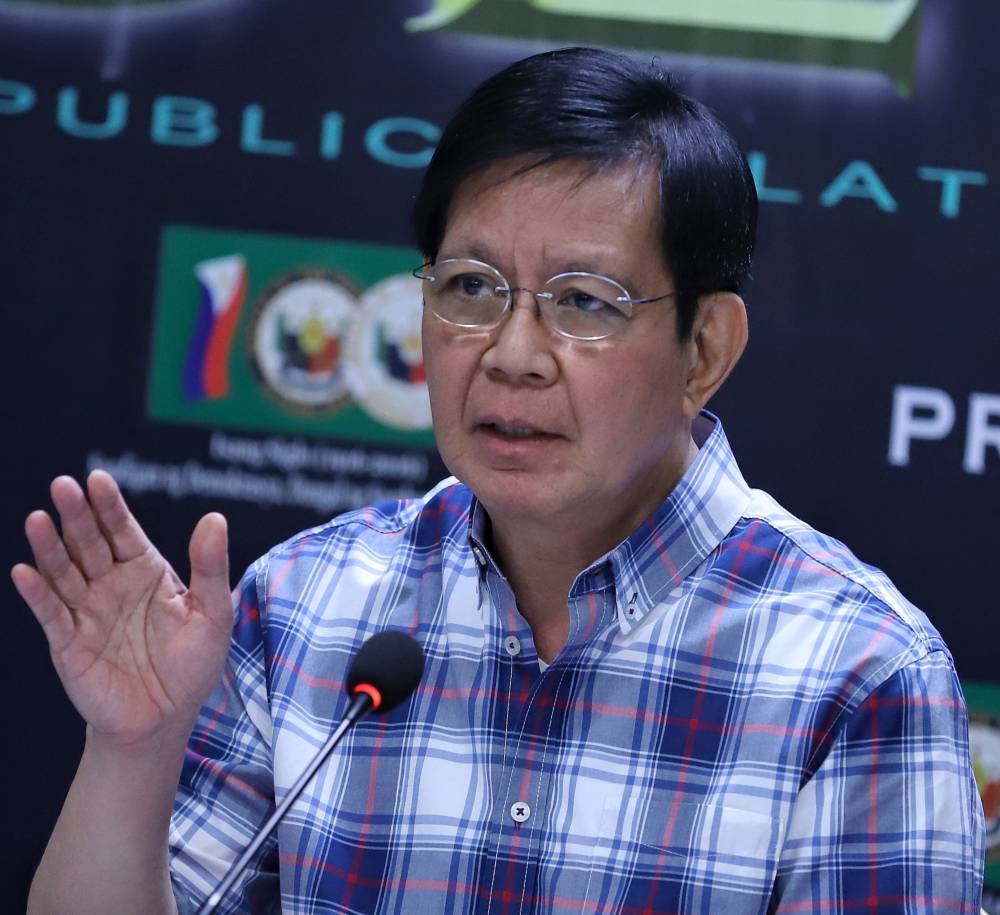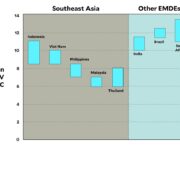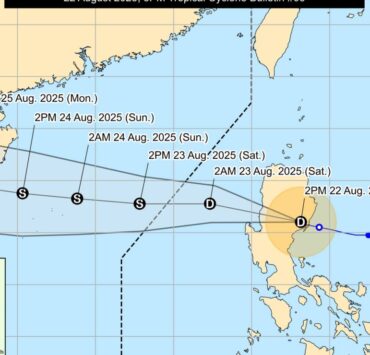Lacson proposes Senate adoption in toto of 2026 spending plan

Malacañang will likely be pleased to hear that Sen. Panfilo Lacson has proposed that the Senate adopt in its entirety the Marcos administration’s P6.79-trillion National Expenditure Program (NEP) to avoid persistent suspicions of congressional insertions and realignments.
“For a change, why not have the Senate adopt the NEP so that if there [were] problems in implementing projects in 2026, it [would] be on the executive department?” he said over a DZRH interview.
“At least if it’s the NEP, I’m sure the items in it were studied carefully by the implementing agencies concerned,” he added.
“This will be a one-year experiment. If it fails, we go back to the realignment,” he said, adding that both the Senate and the House of Representatives will have more reason to closely guard the implementation of projects.
The Department of Budget and Management submitted to Congress its NEP on Aug. 13, which was 7.4 percent higher than the enacted 2025 budget of P6.326 trillion. The submission marked the start of months-long deliberations in both chambers of Congress.
Up for Senate approval
But Lacson’s proposed experiment dealt only with the Senate part of the budget process and did not touch on what may arise from the bicameral conference committee hearings that will still have to be convened if the House’s version of the 2026 budget differs from that of the Senate.
If a bicameral conference committee is convened, congressional insertions and realignments can still be done and a “small committee” can still be convened to make further amendments, even if such changes were not even discussed at the bicameral conference committee hearings, as was done during the 2025 budget process.
Under the best congressional practices, the proposed General Appropriations Act for any year should be approved and signed by the President into law in December, or before the start of the fiscal year on Jan. 1 when the law comes into effect.

















